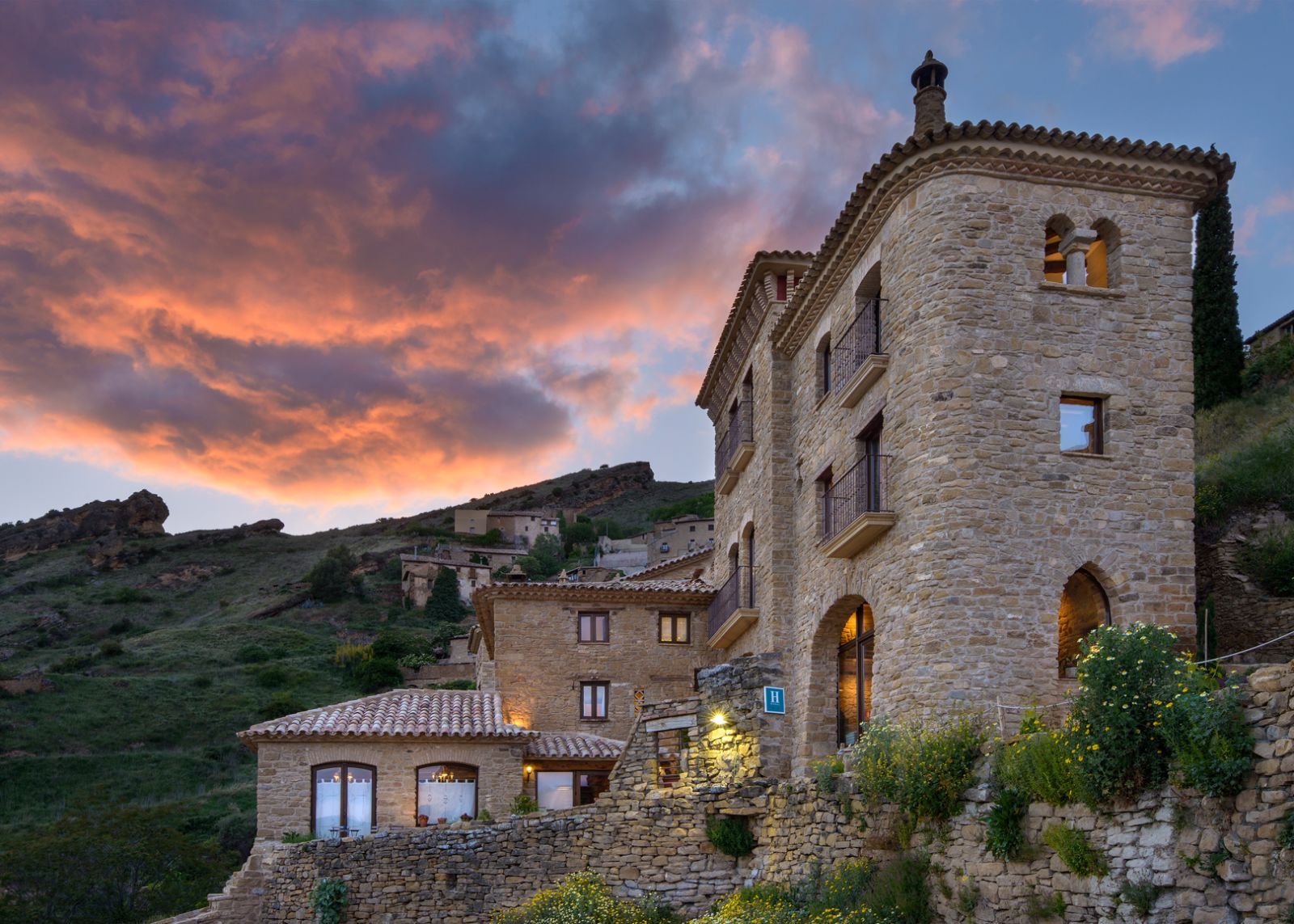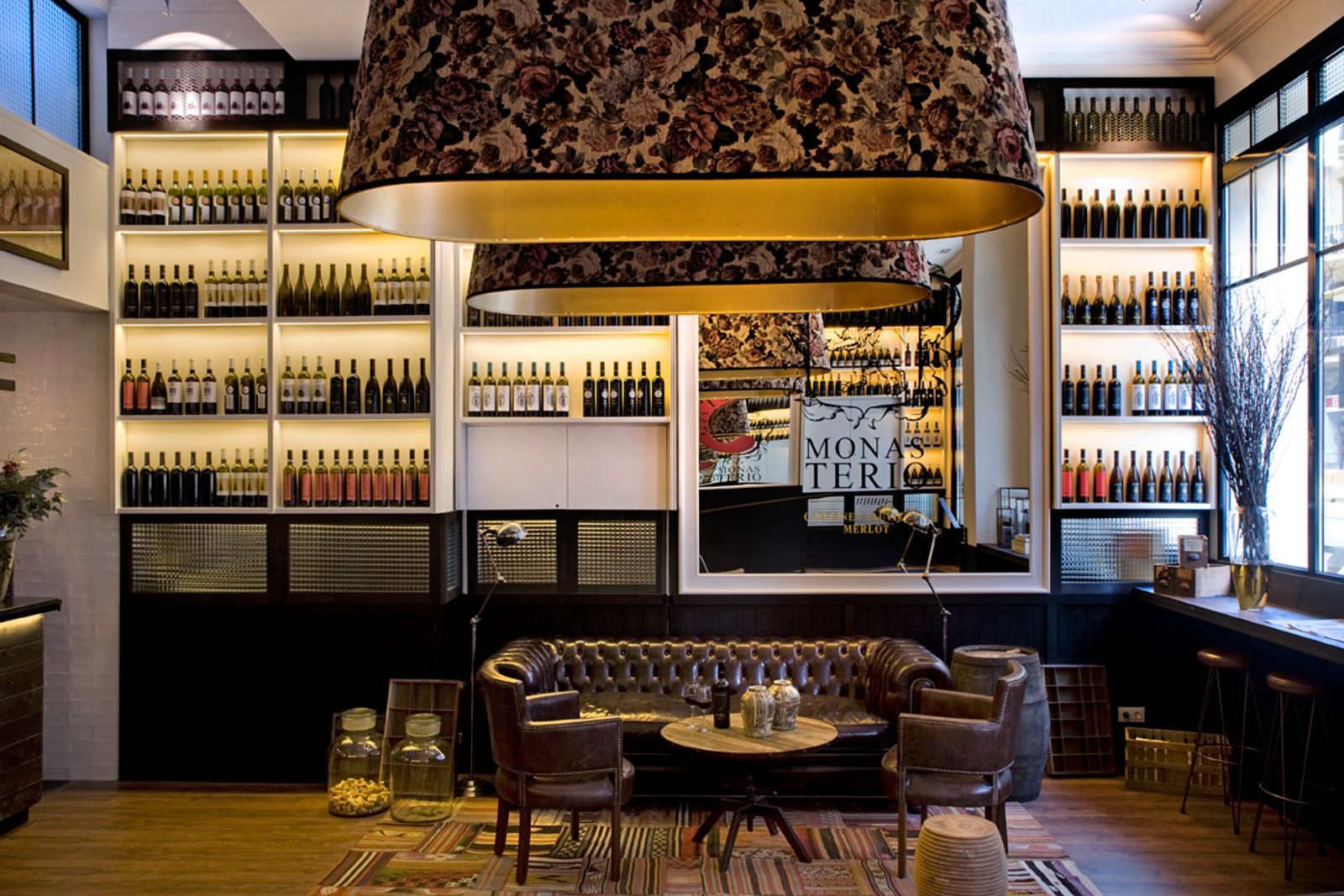The Exceltur Business Tourism Valuation Report for the 2nd quarter of 2022 offers positive data within the moderation of the economic situation.
Europe is in the mood for travel and this is being felt by the tourism industry and hotels in particular. After two years of stagnation due to the pandemic, it seems that the sector is finally seeing some growth. Easter already marked the beginning of this intense travel frenzy across the continent, which has continued to rise, as can be seen in the second quarter figures.
The report recently published by Exceltur on business tourism valuation for the second quarter estimates that Europeans will continue to travel in the coming months despite the complicated macroeconomic conditions that surround us.
We highlight:
- Rise in domestic and foreign holiday demand since March .
- Reactivation of business and MICE travel from April onwards.
Good data for the first months of 2022 have returned the Q2 2022 tourism GDP numbers to slightly higher levels than in 2019 (+1.1%).
The significant rise in demand has not been matched by growth in profits which is following a different pace due to the unprecedented increase in operating costs:
+25% for energy costs - +16% for supply costs - +7.5% for labour costs
In addition to these unforeseen costs, there are other difficulties:
- Lack of personnel for basic and middle positions
- Major transport disruptions, e.g. airports, etc.

Interesting facts from the report:
Below, we highlight the most significant data that Exceltur analyses in its assessment:
- The increase in tourism prices is below the average of the Spanish economy: 7% compared to 10.6%.
- By sub-sectors; holiday hotels grew by +3.1% compared to 2019, compared to urban hotels which grew by +2.2%.
- Employment: +0.6% vs. June 2019
- Origin of demand
- Foreign: higher revenues due to European tourism (+2.8% vs. Q2 2019 figures)
- Domestic:
- Good health with spending -2.0% below 2019.
- Overnight stays in higher level hotel accommodation are the ones that rise the most: +12.8%.
- Spending diverted to international destinations
- By Autonomous Community: destinations with greater dependence on foreign demand (compared to 2019):
- Coastal and urban:
- Balearic Islands (+6.4%)
- Canary Islands (+5.1%)
- Valencian Community (+5.2%)
- Catalonia (+3.6%)
- Andalusia (+1.4%)
- North:
- Cantabria,(+4.0%)
- Galicia (+7.2%) due to the pull of Santiago
- Asturias (+1.8%)
- Inland:
- Extremadura (+8.1%)
- Castile-La Mancha (+5.8%)
- Coastal and urban:
The report points out that companies that have invested in differentiating their offer, improving their operational efficiency, have joined a brand, have incorporated vertical integrations or have digitised their processes, are the ones that have obtained better results.
Outlook for the second quarter and summer season (Q3) and the whole of 2022
According to this Exceltur business confidence survey, tourism entrepreneurs anticipate on average a continuity in the pace of recovery of their activities. They expect to reach sales levels similar to those prior to the pandemic in the 3rd summer quarter (-1.4% vs. summer 2019).
The recovery of turnover in summer 2022 will be evident:
- Holiday hotels (+0.4% 3Q22 vs 3Q19).
- Urban hotels (-1.1%)

In terms of destinations , the forecast is as follows:
- Islands (Balearic Islands +3.6% and Canary Islands +3.5%)
- Mediterranean coastal holidays (Andalusian coast +7.4% and Valencian coast +5.3%)
- Urban (Madrid -1.8%, Barcelona +0.8%, Andalusian cities -3.4% and Basque cities -1.5%)
- Inland similar to 2019
Estimated tourism GDP at the end of 2022 could reach 151,798 million euros, which means achieving 98% of the activity levels of 2019.
Reflection to be taken into account:
→ It will not be enough to monitor sales or the influx of tourists, but we will have to be more aware than ever of cost tensions due to the exceptional moment in which we find ourselves, ensuring margins and the financial survival of companies. It is not for nothing that there are hundreds of hotels for sale on the market today.
→ Not to die of success in the face of the increase in visitors. This growth causes resident-tourist clashes that can end up affecting the reputation of the sector at the local level due to saturation and gentrification.
→ Ensure that the different institutional policies that transversally affect the sector are not contradictory in the face of this reality, but rather consolidate the viability and differentiation of companies and destinations, promoting their greater competitive transformation.



